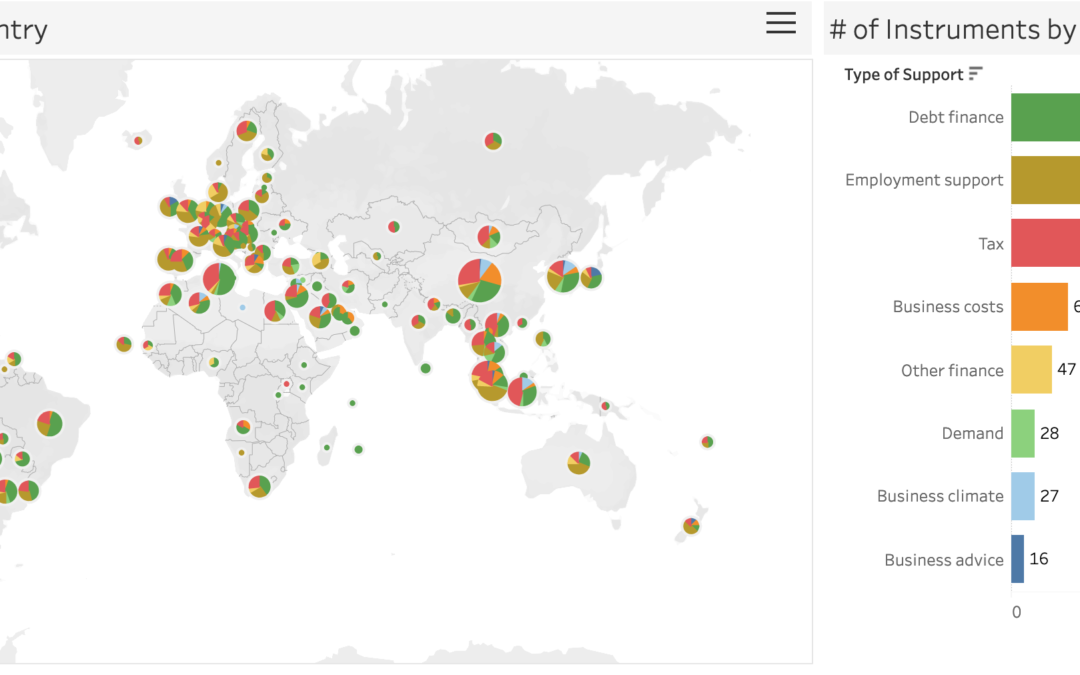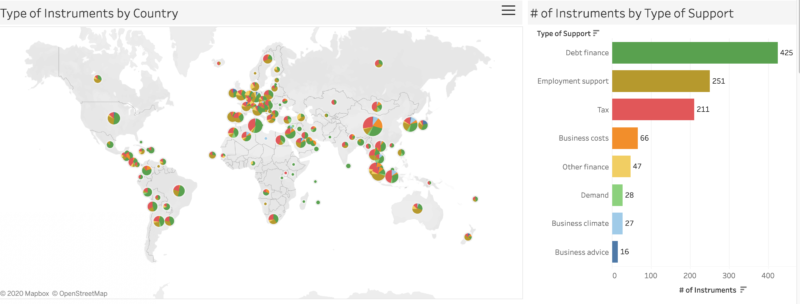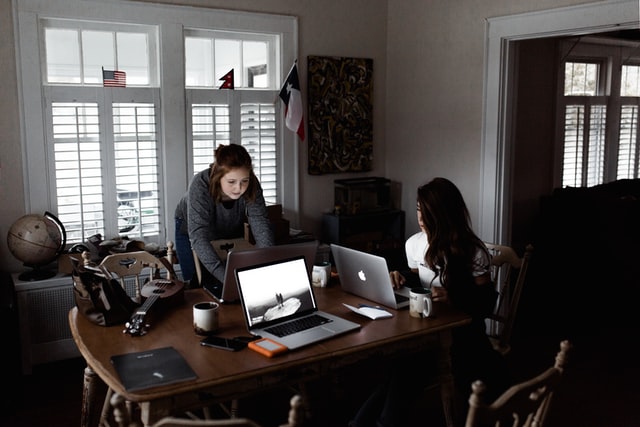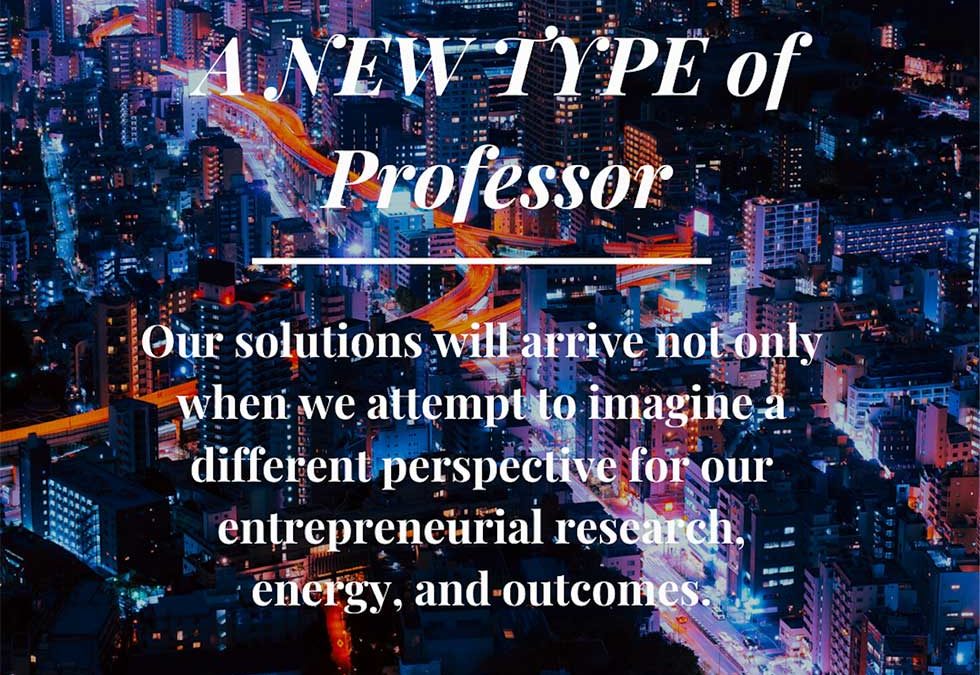
A New Type of Professor
A New Type of Professor
Saturday, June 13, 2020, By: Dr. Ayman El Tarabishy
A New Type of Professor
Saturday, June 13, 2020, By: Dr. Ayman El Tarabishy
Our solutions will arrive not only when we attempt to imagine a different perspective for our entrepreneurial research, energy, and outcomes, but when we also find the conviction that these changes are essential and necessary for our continued evolution.
Challenging us to “re-think” everything, Norris Krueger spent time with us on Thursday afternoon instead of his usual time spent generating the next best entrepreneurial theory. Sitting in the “hot seat,” Krueger is considered the Nikola Tesla of entrepreneurship research today. His presentation demanded that we re-think our mindsets, ecosystems, and methods, in addition to re-thinking why we are necessitating this re-think. Our solutions will arrive not only when we attempt to imagine a different perspective for our entrepreneurial research, energy, and outcomes, but when we also find the conviction that these changes are essential and necessary for our continued evolution.
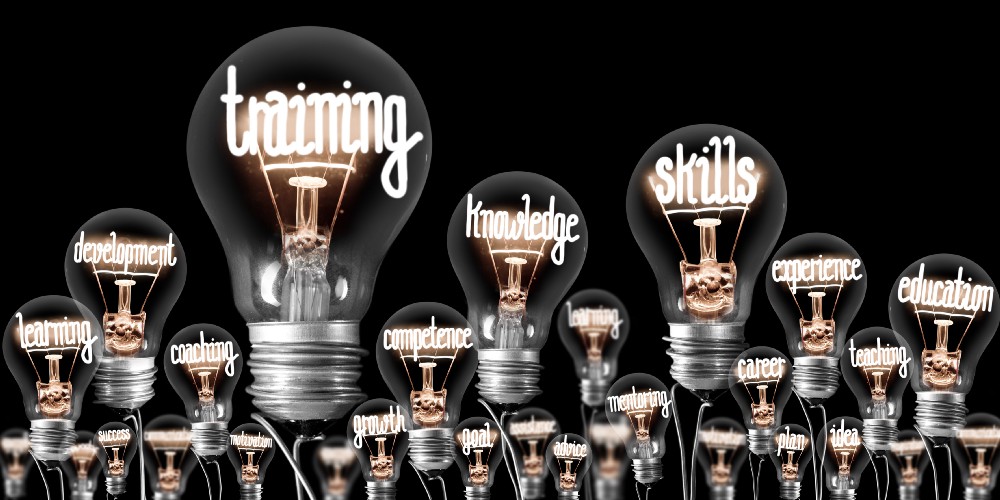
Dictated as the “Great Re-think,” we understand that this is a critical time to concurrently assess the intersections of the macro and micro in the way they align with “entrepreneurial potential and potential entrepreneurs” and reshape our understanding of the notion of “entrepreneur” as a verb in its true action-oriented state.
The journey through re-thinking our mindset in teaching and training, in addition to an assessment of theoretical practices, helps us to recognize the need to create participatory opportunities for theories within the entrepreneurial setting. Following, re-thinking ecosystems must involve the discussion between top-down and bottom-up thinking. Looking to build programs and ecosystems that matter would seem logical, however within the gap between academia and reality, this notion often gets lost. Wanting to recover a lost storytelling program, Krueger spoke about building a hub from which we might promote an accurate and thorough narrative for small business and entrepreneurship worldwide. Lastly, looking to re-think models, Krueger spoke about using appropriate models that allow us to reframe our theories and practice appropriately.
This “Great Re-think” leads us to move beyond thinking to entirely reimagine and recreate universities. In reviewing the teachings of the coronavirus, not only is there an opportunity for universities to change fundamentally, either closing for the weaker universities or becoming more robust and bigger entities for those who can quickly adapt to the new normal; however, there is also the evolution of the professor. It will be derived from this transition in the position of the professor that, then, will create new accessible and more inclusive programs for students, bridging the exclusivity gaps resulting from institutional competition and prestige as well as unspoken priority in accessing innovative and desirable opportunities to learn for younger scholars.
Centering this shift around the professors, we might be able to capture their higher mandate, which guides them to educate as many students as they can. We could demonstrate that the professor holds the potential to behold a following comparable to that of a well-known celebrity. This celebrity status is not meant to generate attention for attention’s sake, but further to create the necessary conditions so that, similar to famous athletes and movie stars, the impact of a professor’s ideas, ideologies, and teachings could impact more students and greater networks. The notion is that professors have an incredible reach in obtaining information. However, they are often blocked in expanding that reach for their finished product. By using this sense of “popularity,” for social good, we can potentially attract the public’s attention by placing the ideas and stances of entrepreneurial professors next to the publications of celebrities like Elon Musk and Bill Gates. We are done with the stale insights from repeated voices, and we are ready to advance towards the future. There are already professors, Norris Krueger, for example, who have a following and are supported by the global organization, like Krueger is by ICSB. Therefore, in creating the opportunity for professors around the world, we can create a real knowledge revolution that works towards inclusion rather than division. This new professor will no longer belong to a school, but rather to him or herself and their followers.
Recognizing that not every student has the opportunity to attend an Ivy League program or travel across the world to participate in a conference, we might be able to seize this technological revolution to expand teaching capabilities to parts of the world where it never previously existed. If we can detach the professor from their established university, we can create a “sharing” program, which seeks to captivate students from multiple schools, programs, and institutions to work together to fund a course. Therefore, instead of one university paying to invite a guest lecturer or various guest lecturers for the semester to teach 100 students in one location, professors can gather the best and most innovative minds to instruct a week-long class. Students attending would be sent by their universities who wish to later reproduce the knowledge and cohesion of the event. Therefore, students would be able to return to their universities to share what they had learned. If the first-class worked with 30 students, then those students would be able to have individual connections with the course’s professors and instructors, which they could share when returning to their universities to connect with another set of students. Additionally, the information from this sort of class, which would typically be unavailable to many students throughout the world, could be captured on a technological platform to be shared with those who do not have the institutional finances to send their students to the course.
The focus of this type of program is twofold. Firstly, it would increase visibility around the higher mandate that professors feel, while moving away from the prestige, power, and rigor of an institution and its constant publication demands. Secondly, within entrepreneurship and learning centers, it could make available the essential understanding and empathy, which is often quite removed from traditional seminar settings. The deep engagement that could potentially arrive from these transitions, away from conventional and established university patterns, would finally make equitable changes in academia. In building a network through action and engagement rather than publication, we might genuinely be able to generate and produce something valuable from our “Great Re-think.”
Norris, please lead the way.






